Sessions speakers

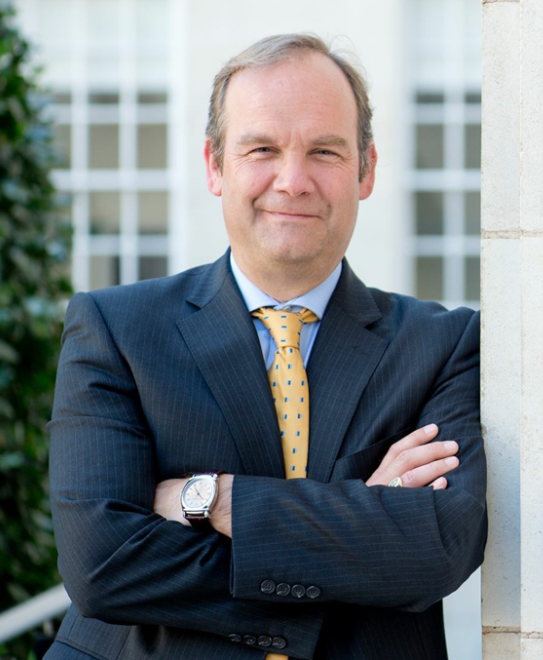
Todd Landman, University of Nottingham, UK
Professor Todd Landman is Professor of Political Science and Pro-Vice-Chancellor with responsibility for the Faculty of Social Sciences at The University of Nottingham. He was Professor of Government (2009-2015) and Executive Dean of the Social Sciences at the University of Essex (2013-2015), and has held a variety of academic and leadership roles at the University of Essex since 1993, before joining The University of Nottingham on 1 September 2015. He is a member of the University's Executive Board and has accountability for overall performance and driving the delivery of the University's Global Strategy 2020 for the Faculty of Social Sciences.
The main focus of Professor Landman's research has been the systematic comparative analysis of problems in the areas of development, democracy, and human rights including quantitative and qualitative political methodology.
His publications include: Issues and Methods in Comparative Politics: An Introduction (Routledge 2017), Rigorous Morality: Norms, Values and the Comparative Politics of Human Rights (Human Rights Quaterly 2016), Human Rights and Democracy: The Precarious Triumph of Ideals (Bloomsbury 2013), co-editor of Real Social Science: Applied Phronesis (Cambridge University Press 2012), co-author of Measuring Human Rights (Routledge 2009), editor of Human Rights Volumes I-IV (Sage 2009), and co-editor of the Sage Handbook of Comparative Politics (Sage 2009), Studying Human Rights (Routledge 2006), Assessing the Quality of Democracy (International IDEA 2008), Issues and Methods in Comparative Politics (Routledge 2000, 2003, 2008), Protecting Human Rights (Georgetown University Press 2005), Governing Latin America (Polity Press 2003), and Citizenship Rights and Social Movements (Oxford University Press 1997, 2000).
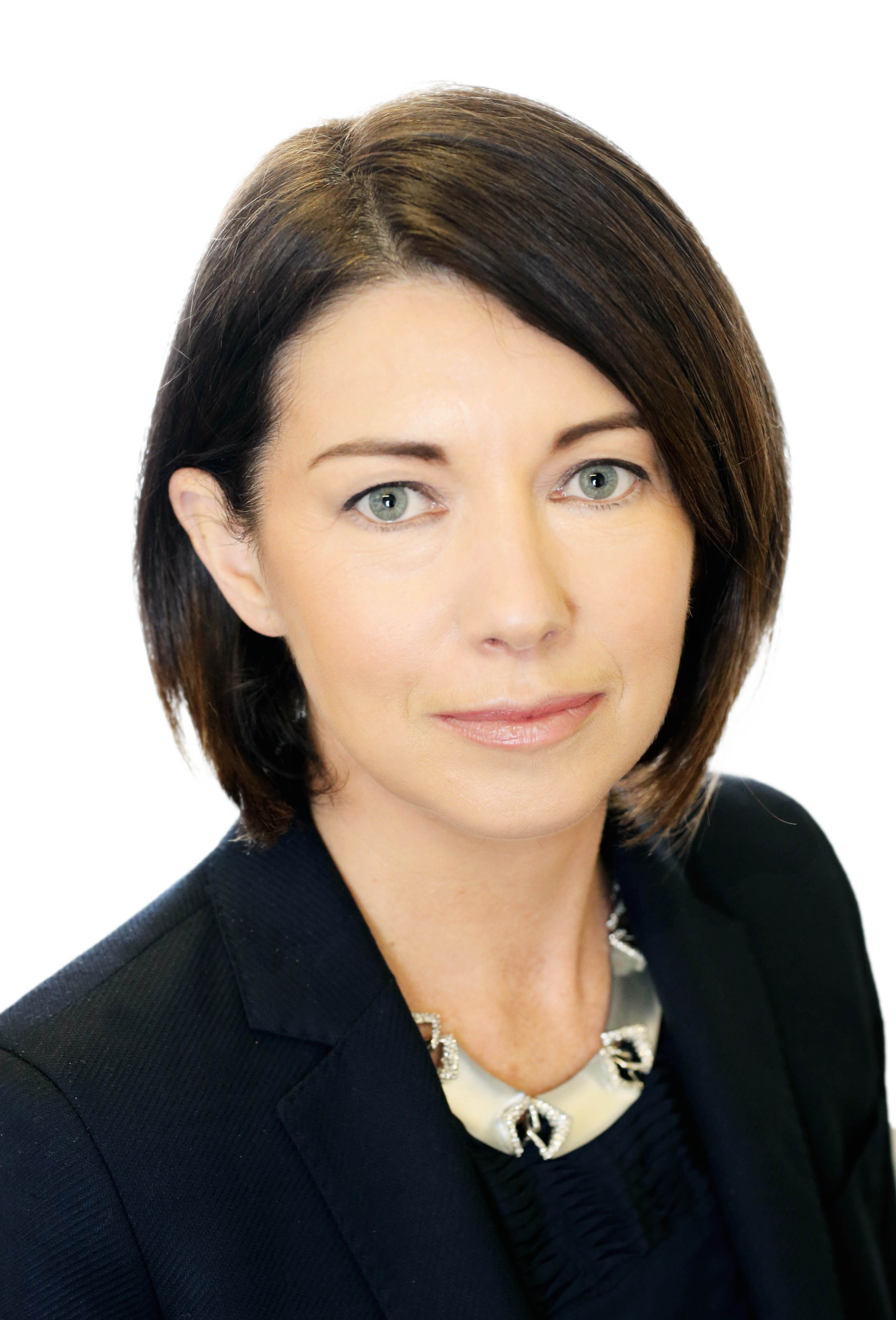
Linda Hogan, Trinity College Dublin, Ireland
Professor Linda Hogan is Professor of Ecumenics and Vice Provost of Trinity College Dublin. She has lectured on a range of topics in ethics and religion, including Ethics in International Affairs; Ethics of Globalisation; Biomedical Ethics; Human Rights in Theory and Practice; and Comparative Social Ethics. She has held posts at Trinity College Dublin and at the University of Leeds, where she was a member of the Centre for Gender and Women's Studies and of the Centre for Business Ethics. She has been a member of the Irish Council for Bioethics and has been a Board member of the Coombe Hospital, Science Gallery and Marino Institute of Education. She has worked on a consultancy basis for a number of national and international organisations, focusing on developing ethical infrastructures.
Professor Linda Hogan is an ethicist with extensive experience in research and teaching in pluralist and multi-religious contexts. Her primary research interests lie in the fields of inter-cultural and inter-religious ethics, social and political ethics, human rights and gender.
Amongst her recent publications are: Keeping Faith with Human Rights (Georgetown University Press, 2015), Feminist Catholic Theological Ethics: Conversations in the World Church (Maryknoll: Orbis Press, 2014), edited jointly with Agbonkhianmghe Orobator, 'The Role of Religion in Building Political Communities' in ed. Cranmer, Hill, Kenny & Sandberg, The Confluence of Law and Religion (Cambridge University Press) and 'Conflicts within the Churches: The Roman Catholic Church', in ed. Adrian Thatcher The Oxford Handbook of Theology, Sexuality and Gender (Oxford University Press, 2014). Other publications include Religious Voices in Public Places (Oxford University Press, 2009) edited with Nigel Biggar, Religions and the Politics of Peace and Conflict (Princeton Theological Monographs, 2009), Confronting the Truth, Conscience in the Catholic Tradition (New York, Paulist Press, 2000) and From Women's Experience to Feminist Theology, Sheffield Academic Press 1995, reissued by Bloomsbury Academic Collections in 2016.
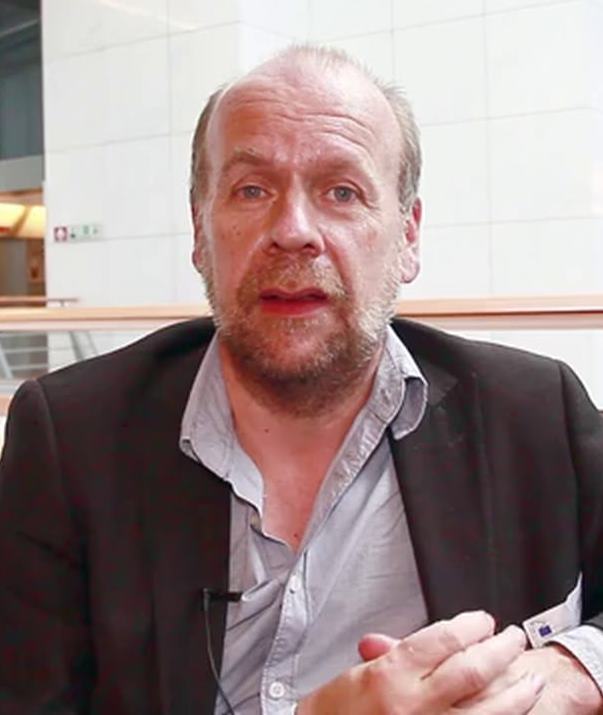
Koen De Feyter, University of Antwerp, Belgium
Koen de Feyter is Professor of International Law at the University of Antwerp and part-time Professor at PILC and the University of Maastricht. He was previously attached to the Human Rights Centre of the University of Maastricht, the Institute of Development Policy and Management of the University of Antwerp, and served as the Academic Coordinator of the European Master in Human Rights and Democratisation (Venice, Italy). He is a former Chair of Amnesty International Belgium (1998-1999) and an internationally recognized authority on human rights and development law.
The main focus of Professor De Feyter's research has been in the areas of development and law.
His publications include: On the local relevance of human rights (Routledge, 2016), The right to development: a treaty and its discontents (Asser Press, 2016), editor of The right to education of rural-urban migrant households in Chongqing, China (University of Antwerp, 2016), Differentiation between developing and developed countries in international law (Intersentia, 2015), The common interest in international law: implications for human rights (Routledge, 2015), Towards a framework convention on the right development (Friedrich Ebert Stiftung, 2013), co-editor of Law, power-sharing and human rights (Routledge, 2013), co-editor of The local relevance of human rights (Cambridge University Press, 2011), co-editor of Economic Globalisation and Human Rights (Cambridge University Press 2007), co-editor of Out of the Ashes. Reparation for Victims of Gross Violations of Human Rights (Intersientia, 2006), author of Human Rights. Social Justice in the Age of the Market (Zed Books, 2005), co-editor of Privatisation and Human Rights (Intersientia, 2005), author of World Development Law (Intersentia, 2001) and numerous book chapters and articles in such journals as the Loyola University of New Orleans Human Rights Review, Netherlands Quarterly of Human Rights, Africa Legal Aid Quarterly, International journal of human rights, International journal of development and social research.
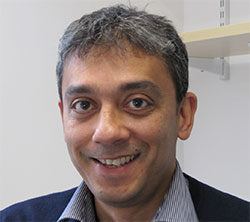
David McCoy, Queen Mary University London, UK
David McCoy is a Professor of Global Public Health at the Centre for Primary Care and Public Health at Queen Mary University London (QMUL) where he heads up a unit that delivers a suite of undergraduate and postgraduate Global Health taught programmes, and conducts critical public health research. He is also the Director of Medact, a London-based public health charity. He started off as a research fellow at the Child Health Unit of the University of Cape Town. He then worked as Director of Research and Technical Support of South Africa’s post-apartheid health care system. After ten years in South Africa he returned to the UK and has since worked across the NGO sector, academia and the NHS (including a period as a Director of Public Health in London). He has an M.Phil in Maternal and Child Health from the University of Cape Town and a doctorate from the London School of Hygiene and Tropical Medicine.
He is a Fellow of the UK Faculty of Public Health. He is a member of the Steering Council of the Peoples Health Movement, and was the founding managing editor of Global Health Watch, the alternative world health report. He is a Trustee of the New Economics Foundation.
His publications include: Defending academic and medical independence in Turkey (Benos A, Bodini C, Cowan H et al., Lancet vol. 390, 2017), Towards a coherent global framework for health financing: recommendations and recent developments (Ottersen T, Elovainio R, Evans DB et al., Health Econ Policy Law vol. 12, 2017), WHO and the health crisis among the Rohingya people of Myanmar (Kennedy JJ, Lancet vol. 389, 2017), Lessons from the Iraq war: more aggressive peace building needed (Lancet vol. 388, 2016), Chtistmas 2015 Responding to the needs of refugees (Arnold F, Katona C, Cohen J et al., BMJ vol. 351, 2015), Re-engaging the health community around peace (Lancet vol. 386, 2015), Associations of economic and gender inequality with global obesity prevalence: understanding the female excess (Wells JCK, Marphatia AA, Cole TJ et al., Soc Sci Med vol. 75, 2012), The Global Health Watch: A global health report with a difference (McCoy D, Rowson M, Sanders D. Scandinavian Journal of Public Health vol. 34, 2006).
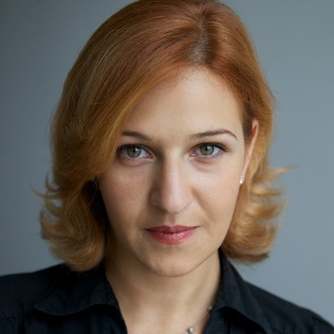
Anna Neistat, senior director for research of Amnesty International
Human rights activist, lawyer and conflict zone specialist, Anna Neistat has spent many years on the frontline, exposing and documenting human rights abuses in some of the world’s most dangerous and secretive regimes.
Her work with Human Rights Watch was chronicled in the award-winning Netflix documentary E-Team.
Dr. Anna Neistat leads Amnesty International’s global research by setting the research agenda and ensuring consistently high standards for research strategy, methodology and quality. She provides political and human rights analysis and expert advice on human rights to the International Secretariat and the movement as a whole, and represents Amnesty International in major internal and external fora.
Previously, as associate director for Program at Human Rights Watch, Anna has conducted over 60 investigations in conflict areas around the world, including Syria, Afghanistan, Pakistan, China, Zimbabwe, Nepal, Kenya, Yemen, Chechnya, Sri Lanka and Haiti. She has authored or co-authored over 40 Human Rights Watch reports as well as numerous articles and opinion pieces. Anna comments regularly in the media on violations of human rights law and humanitarian law in crisis situations. She often represents Human Rights Watch at national and international institutions, and speaks at universities, research centers, and think tanks.
Before joining Human Rights Watch, Anna worked for “Echo of Moscow,” Russia’s leading radio station, the Open Society Institute, and as a constitutional law researcher at the Radcliffe Institute for Advanced Studies. Neistat holds an LL.M. degree from Harvard Law School, a J.D. and Ph.D. in law, and an M.S. in history and philology. She is a member of the New York State Bar, and teaches at the Paris School of International Affairs at Sciences Po.
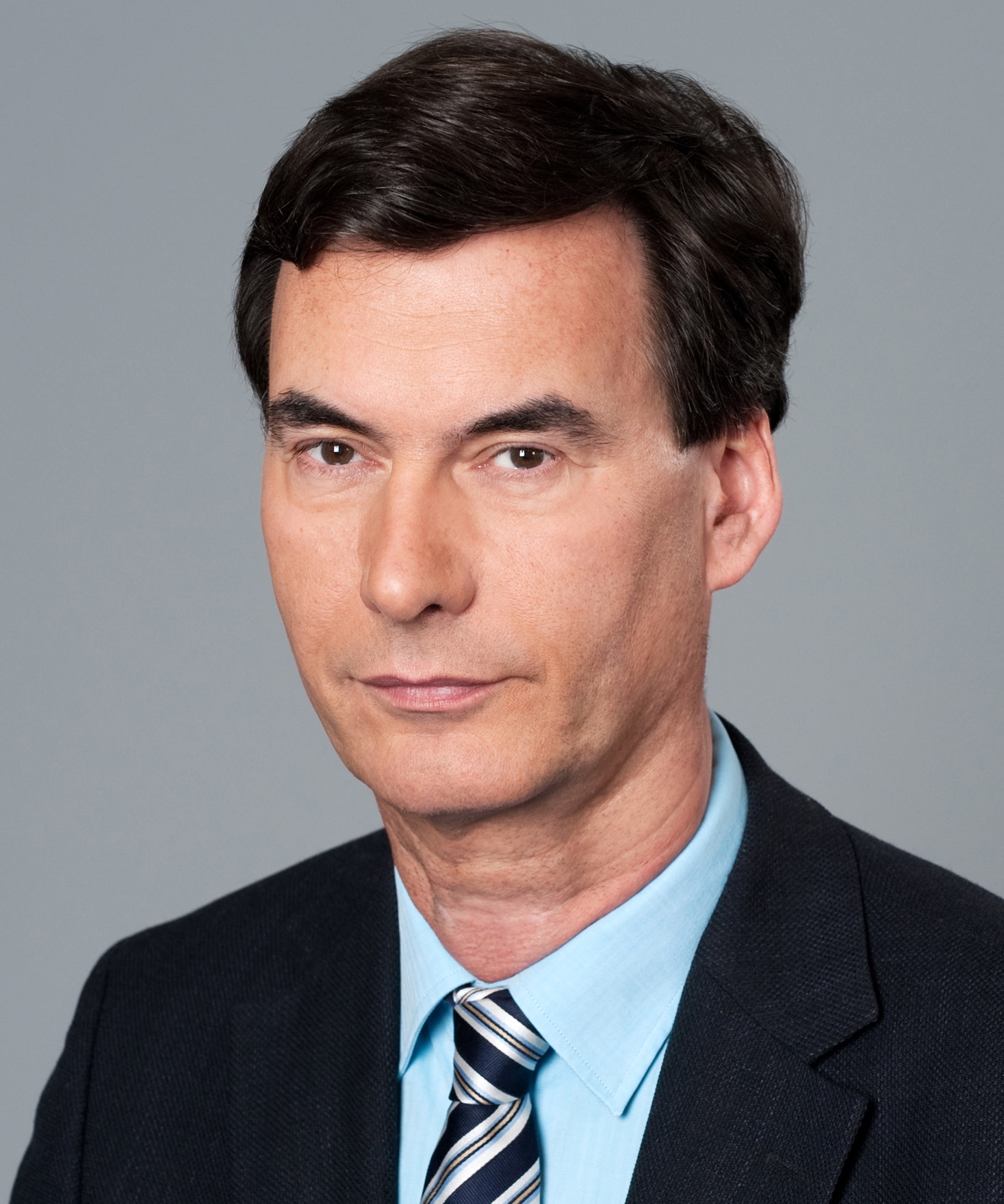
Dr. Wolfgang S. Heinz, Senior Policy Adviser
Political Scientist. Responsible for international security policies and the United Nations human rights system. He was member and chair of the UN Human Rights Council Advisory Committee and was the German member of the Council of Europe's Committee for the Prevention of Torture (CPT) 2005-2017 and served 2015-2017 as its Vice President. Dr. Heinz teaches at the Free University of Berlin as a senior lecturer for political science.
Among his many publications are (in German): "Causes and impact of human rights violations in the Third World" (1986), "New democracies and the military in Latin America. The experiences in Argentina and Brazil (1983-1999)" (2001), „Stärkung oder Reform? Die Verbesserungsvorschläge für die UN-Menschenrechtsausschüsse werden bescheiden ausfallen“ (with Caroline Maillard; 2013), „Der UN-Sicherheitsrat und der Schutz der Menschenrechte. Chancen, Blockaden und Zielkonflikte“ (with Peter Litschke; 2014) und „Wann hat der Staat das Recht zu töten? Gezielte Tötungen und Schutz der Menschenrechte“ (2014).
In English: German Unification, in: David P. Forsythe (ed.), Encyclopedia of Human Rights, Bd. 2: Democracy Promotion, Oxford 2009, pp. 305-311; Germany. State Responses to Terrorist Challenges and Human Rights, in: Brysk, Alison/ Shafir, Gershon, (eds.), National Insecurity and Human Rights. Democracies debate Counterterrorism, Berkeley 2007, pp. 157-176; The Military, Torture and Human Rights. Experiences from Argentina, Brazil, Chile and Uruguay, in: Ronald D. Crelinsten / Alex P. Schmid (eds.), The Politics of Pain. Torturers and their Masters, Boulder, Col. 1995, pp. 65-98.
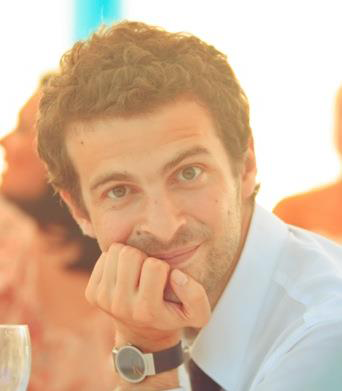
Antoine Meyer, Juge-assesseur (UNHCR), French National Asylum Court (Cour Nationale du Droit d’Asile)
Antoine is currently asylum judge at the French National Court for Asylum (juge-assesseur proposed by UNHCR). He also teaches since 2011 at the University of Paris II, within the Paris Human Rights Center (Centre de Recherche sur les Droits de l'Homme et le Droit Humanitaire - CRDH). A graduate in political science and international human rights law, he has worked successively as human rights officer with the French Ministry of Foreign Affairs (Ministère de l’Europe et des Affaires étrangères, MEAE), consultant with the French National Human Rights Commission (Commission Nationale Consultative des Droits de l’Homme, CNCDH) and as fieldwork researcher in France for several projects commissioned by the EU Fundamental Rights Agency (FRA). He also provided services as a consultant for various international NGOs including Lawyers Without Borders Belgium, ECPAT-France, and PIN, in France and abroad (incl. DRC, Myanmar) and developed trainings/resources for social and legal professionals on cooperation with the international human rights system, legal awareness-raising activities, asylum, and child trafficking. He has also a long-term engagement as volunteer with a Paris-based legal empowerment NGO (Droits d’urgence).
Fields of focus and interest for his works include legal empowerment and access to justice, the international human rights system, international protection and children’s rights.
Antoine authored and contributed to a number of publications including Children at risk and victim of trafficking (Mineurs à risque et victimes de traite, La Documentation française, 2017), 50 rights against social exclusion (50 droits contre l’exclusion, Dalloz, 2015), Study on Legal Aid in DRC (Etude sur l’aide légale en République Démocratique du Congo, EU/PARJ project, 2014), Children and Justice: Participation in civil and criminal procedures, (IFDL online, 2012) Protection of children in armed conflict: prospects of implementation of IHRL & IHL standards (Bruylant, 2012) Human Rights in France, international insights and recommandations (La Documentation Française/CNCDH, 2011), People on the move, handbook of basic terms and concepts in the field of refugee and migration policy (THP / UNESCO, 2008).

